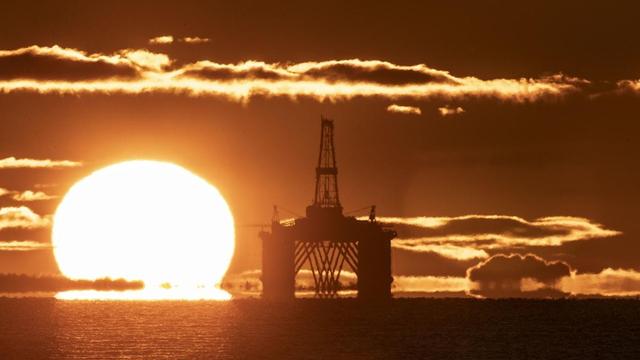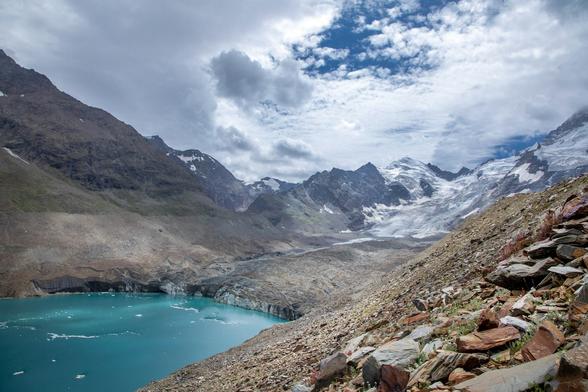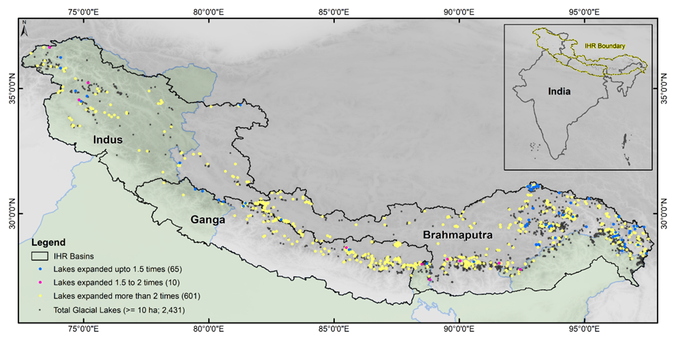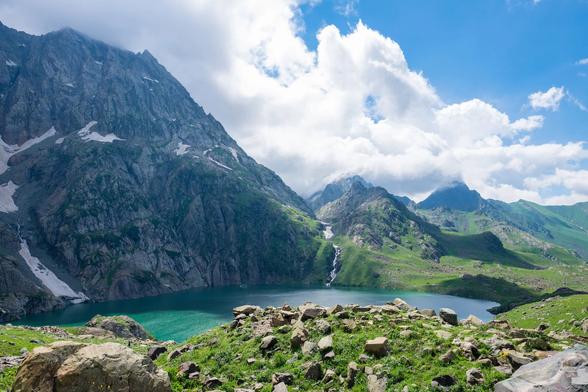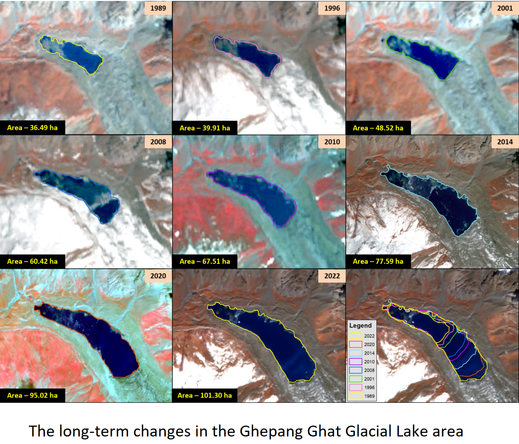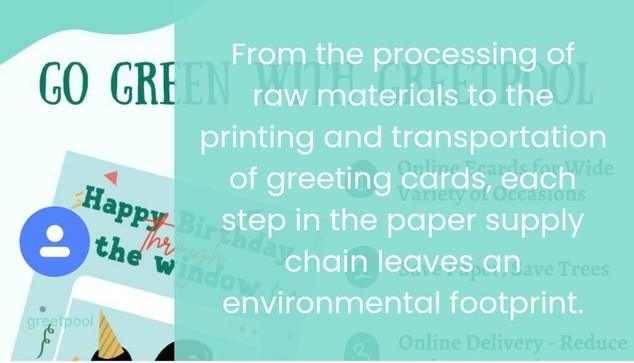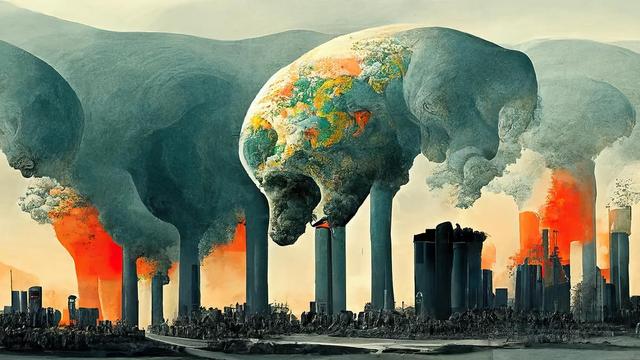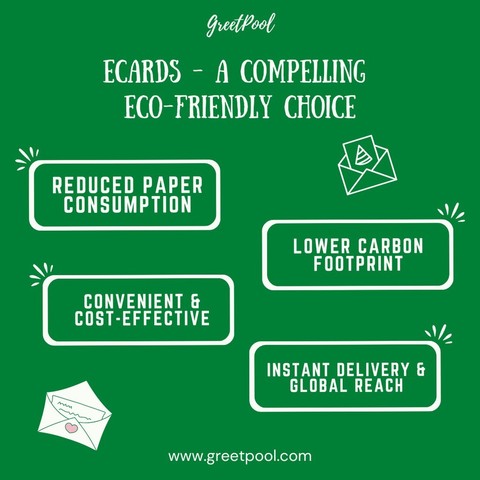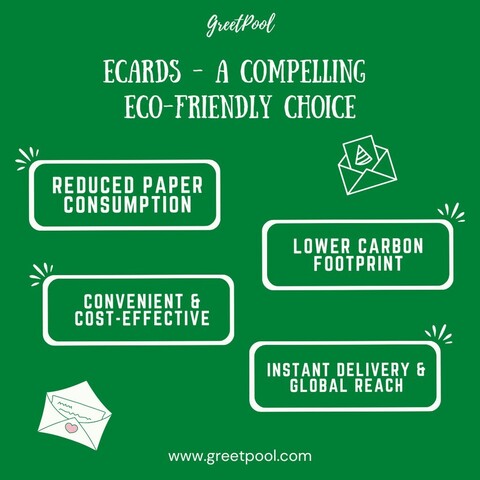From the Bretton Woods Project: #Forests
"Finally, the [#WorldBank] ’s #forest policy and #WeakSafeguards on #ForestProtection have also been observed to infringe the rights of local communities and have failed to protect one of the planet’s most important ‘#CarbonSinks’ (see Observer Spring 2017). CSOs have called for the Bank to open up its Forest Notes – which are meant to guide the interface between its lending and forests – to consultation (see Observer Winter 2017-2018). CSOs have also been highly critical of one of the forest initiatives the Bank manages, the Forest Carbon Partnership Facility (FCPF), a climate investment fund that supports Reducing Emissions from Deforestation and Forest Degradation (REDD) projects. A March 2017 post in REDD Monitor called the FCPF, 'the most cost-inefficient tree-saving scheme ever,' owing to high administrative costs between fiscal years 2009-2015 absorbing 64 per cent of FCFP’s $55 million expenditure. More generally, the Bank’s overall approach to lending has undermined the protection of vital natural ecosystems in borrower countries. As noted by Bruce Rich in his influential 2013 book, Foreclosing the Future: The World Bank and the Politics of Environmental Destruction, 'When one examines the failures to conserve ecosystems, or to mitigate environmental impacts of development, one finds that failed governance at all levels is almost invariably at the root. …Many of [the Bank’s] problems are associated with a dysfunctional institutional culture in which the relentless pressure to move money out the door, even in violation of the Bank’s own policies and rules, often overrides all other considerations.'"
2017: World Bank policy lending undermines climate goals
"One of the main problems is the Bank’s refusal to adequately assess the social and environmental risks of their policy loans" - Harlem Mariño, Derechos, Ambiente y Recursos Naturales
6 April 2017
"A late January report by US-based NGO Bank Information Center (BIC), together with partners in Egypt, Indonesia, Mozambique and Peru, claimed that the Bank is undermining its climate commitments by supporting investment incentives for coal, gas and oil projects through its development policy financing (DPF) mechanism. DPF accounts for approximately a third of all Bank funding and provides resources for programmes of policy and institutional reforms that are agreed by the Bank and the borrowing government (see Update 82). The report argued that the Bank’s financing through DPF contradicts the internationally agreed and Bank-supported goal of limiting the global average temperature increase to 2°C, which according to the Intergovernmental Panel on Climate Change would require that at least two-thirds of existing fossil fuel reserves are left in the ground.
"BIC’s report looked at the Bank’s DPF measures in four countries: Egypt, Indonesia, Mozambique and Peru. It found that DPF introduced subsidies for coal in all countries, apart from Peru. For example, the report argued that Bank-supported subsidies for coal infrastructure have helped Indonesia become one of the world’s top coal exporters. It found some DPF support for renewable energy, but argued that the Bank could do more given that all countries examined have potential to develop renewable energy. For example, while Peru’s DPF provides subsidies to public-private partnerships to develop oil and gas infrastructure, it does not include plans for solar or wind power projects."
https://www.brettonwoodsproject.org/2017/04/world-bank-policy-lending-undermines-climate-goals/
#FCPF #REDD #Ecosystems #ProtectTheForests #EnvironmentalDestruction #ForestDegradation #Deforestation #EnvironmentalImpacts #Egypt #Indonesia #Mozambique #Peru #LeaveItInTheGround #Coal #BigOilAndGas #ExtractiveIndustries #Exploitation #EnvironmentalImpacts
#HumanRights #ParisAgreement
#ParisClimateAgreement #BigOilAndGas #CorporateColonialism #IMFLoanSharks #RenewablesNow
